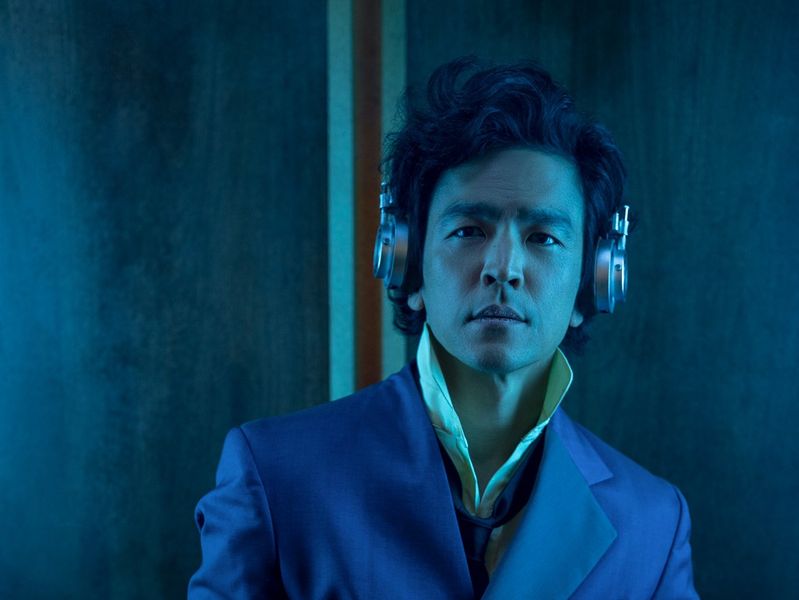When Netflix cast Harold from Harold & Kumar, played by John Cho, as one of the coolest characters in the history of anime, aka Spike Spiegel in the live-action adaptation of Cowboy Bebop, I knew that the streamer was perhaps never going to recover from their knack for ruining popular anime serie. While I vehemently support Kylie Cheung when she condemns the basement trolls from commenting against Faye Valentine’s lack of hypersexualisation in the live-action series, given how off-balance the whole series is, I still cannot defend Netflix’s venture.
While Andre Nemec, the creator of the show, tried to hype it up, Cho, Daniella Pineda and Mustafa Shakir, who star as Spiegel, Valentine and Jet Black respectively, could not save the colourless disaster from the depths. For reference, one may easily compare the original 26-episode version that is now streaming on Netflix with these ten episodes. While the CGI effects are top-notch, and despite retaining the original jazzy soundtrack, the action is not as well-stylised or suave as that of the original anime.
After the live-action adaptation of Death Note tanked, one might have imagined the streaming platform learned its lesson. What makes anime special is its ability to seamlessly infuse various elements of realism and fantasy across different genres while retaining an interesting narrative progression. The history of anime can be traced to the beginning of the 20th century, with Superman, Jun’ichi Kouchi and Seitaro Kitayama being the “fathers of anime”. After promoting propaganda films in the World War II years, anime developed largely in the 1970s, when it detached itself from its Western roots and started creating ingenious sub-genres.
It was during this time that Hayao Miyazaki, Mamoru Oshii and the like gained popularity. With the advent of Dragon Ball, the cyberpunk genre gained popularity in the 1980s. The late 1980s witnessed the evolution of many sub-genres as well as experimental films.
Anime has a massive cult-like following across the world. The 90s anime like Cowboy Bebop, Neon Genesis Evangelion, Sailor Moon, DragonBall Z, Pokemon, Yu Yu Hakusho, Berserk and more were the juggernauts of the decade and a golden period for the history of anime. Given the widespread fanbase and burgeoning demographic that still continues to indulge in these timeless classics even today, it is understandable why Netflix would try to capitalise on this situation and bring back live-action remakes to stir the pot.
However, imagine the public outrage if Netflix ended up adapting a classic like Martin Scorsese’s Taxi Driver or Quentin Tarantino’s Pulp Fiction. The legacy of these 90s anime is comparable to some of the greatest masterpieces in the history of cinema and it is almost unholy for the streaming service to breach the sanctity of the original source material by trying to add their creative spin.
Besides questionable casting decisions, failed CGI effects and overall droll premise, the live-action adaptations often fail to capture the essence of the various narrative intricacies of manga or anime series. Some of the most popular genres of anime are shonen, shojo, seinen, josei, and kodomomuke. Live-action adaptations often forgo these classifications and try breaching the narrative itself that loses the charm and eradicates the show’s relevance in terms of socio-political and historical context. Elimination of plot points or emission of popular characters, too, often cause major controversy.
For example, Nemec justified introducing Ed, a beloved character from the original series, late pretty recently but the viewers were not having it. The inclusion of a politically incorrect joke in the live-action series added to its general unlikeability.
Netflix has been foraying into various spheres, from gaming to anime, trying their hands at almost everything while more Original content is appreciated. Anime fans would be glad if the streaming service spared deconstructing and vandalising these classics that have aged beautifully. Because if Netflix decides upon a remake of Neon Genesis Evangelion next, we as fans, are going to collectively lose it!
